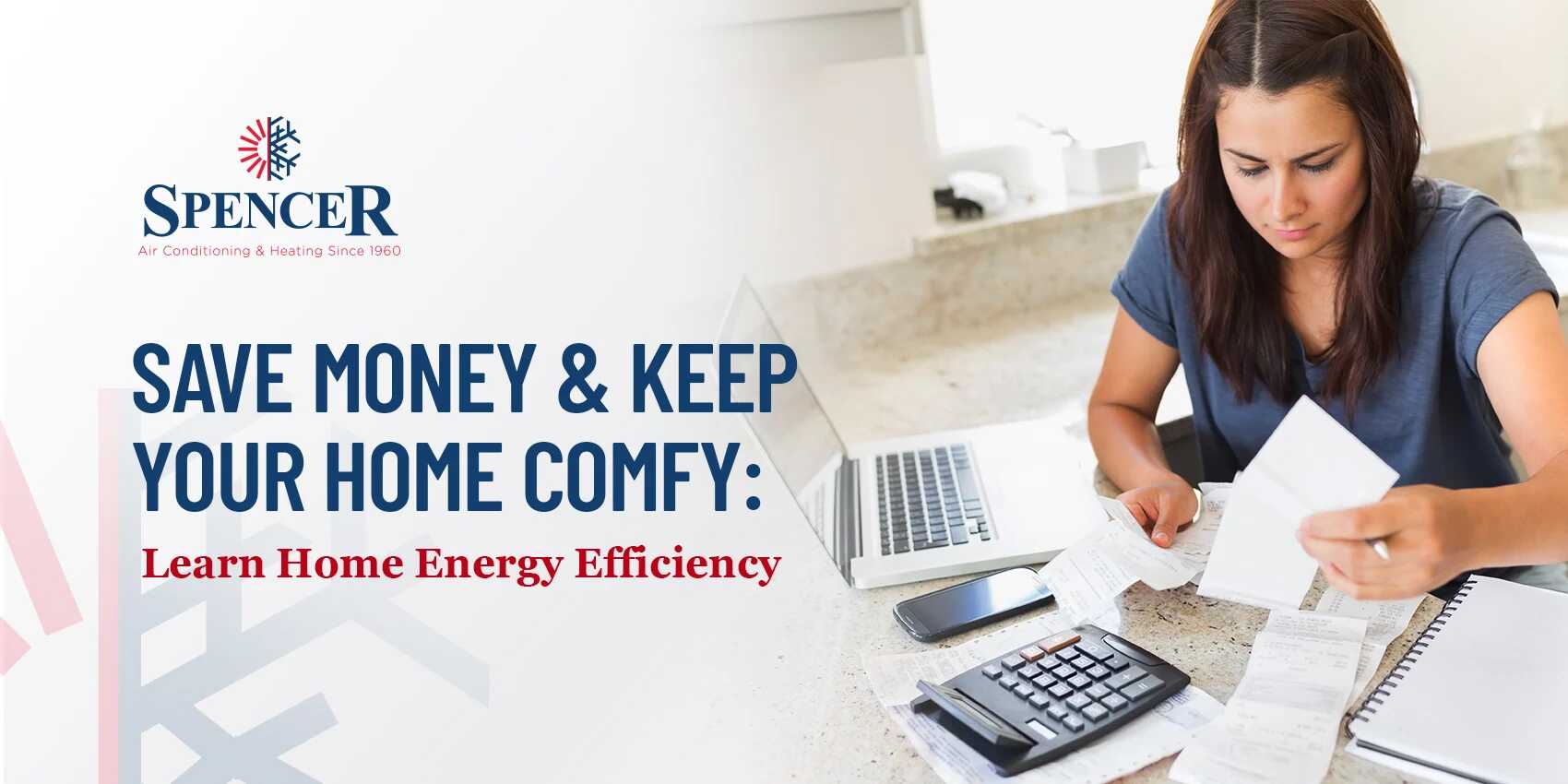Home energy efficiency is a process of reducing energy loss in heating, cooling, and lighting a home. It also includes ensuring that home appliances are energy-efficient. Ensuring home energy efficiency can help you cut down your electricity bills and save the environment at the same time.
In this blog, we’ll tell you all about home energy efficiency and how you can implement simple steps to save energy in your home. You’ll also get information on how to make your home energy-efficient. You’ll be surprised to see the difference it can make to your electricity bills as well as the environment around you. But before we dive into that, let’s understand home energy efficiency in depth.
Understand Home Energy Efficiency
Home energy assessments are conducted to evaluate heating and cooling systems, insulation, air leaks, ventilation, and other components of a home’s energy system. A home energy assessment can help identify energy-efficiency issues like old equipment, air leaks, mold, moisture, and insufficient insulation. A home energy assessment can also help families make informed decisions about their home energy use. For example, a home energy assessment can help families decide if it’s more cost-effective to upgrade their heating system or insulation. Home Performance with ENERGY STAR is a program from the U.S. Environmental Protection Agency and the U.S. Department of Energy that provides practical advice on improving comfort and saving money through energy-efficiency upgrades to homes. Some of the features of an ENERGY STAR-qualified appliance include efficient heating technology, water savings features like automatic shut-off on showers and faucets, and optional features like extra insulation for improved comfort in the winter months. With home energy assessments and home performance with ENERGY STAR, families can make informed decisions about their home comfort and save money while protecting the environment.
Simple steps to save energy in your home
If you’re looking to save energy and money in your home, there are simple steps you can take to improve your home’s energy efficiency. One way to start is by conducting an energy audit. An audit assesses the overall energy efficiency of a home and makes recommendations for improvements. This can help identify areas for improvement, such as insulation upgrades or installing solar panels. Another option is to take advantage of public funding programs, such as rebates or loans. These programs can help offset the cost of an energy audit, making it more affordable for everyone to make improvements to their home’s energy efficiency. In addition, you can use diagnostic tests, such as blower door tests and thermographic camera tests, to assess your home’s insulation. These tests help you identify any issues with your home’s insulation and make suggestions for potential upgrades. By taking these simple steps and making small improvements yourself, you can save energy and money in your home and improve its energy efficiency.
How to make your home energy-efficient
-Home Performance Audits help you evaluate your home’s energy efficiency and identify potential areas for improvement.
– Home comfort enhancements such as programmable thermostats and advanced sensors provide more control over your home’s climate.
– Home Energy Solutions, or “HES,” offers a range of home energy efficiency services, including deep energy audits, home energy upgrades, repairs, and energy-saving tips. The service is an affordable way to improve the energy efficiency of your home.
– Investing in Home Energy Solutions can also help save money on home heating and cooling costs by upgrading your home’s system to the highest efficiency levels.
With the right home energy efficiency measures, you can save money on utility bills and keep your home comfortable year-round.
Other ways to be more energy efficient at home
If you’re looking to save money and keep your home comfy, there are a few energy efficiency tips you can follow. Start by replacing inefficient heating and cooling equipment with ENERGY STAR-qualified alternatives. This will reduce your energy bills and help cut down on greenhouse gas emissions. Also, check for air leaks in the home and seal them with spray foam to improve insulation. This will also help keep your home warmer in the winter and cooler in the summer, saving money on energy costs. Lastly, take advantage of utility rebates for energy efficiency upgrades. These are offered by most utility companies to help individuals become more energy efficient. By following these tips, you can save money and protect the environment at home.
Overview of home energy efficiency
Home energy assessments are a great way to find out if your home is performing as efficiently as it could be. They involve tests for heating and cooling equipment, air infiltration, insulation, and air leaks, and they can help you identify areas where upgrades or changes could improve comfort and savings. Home energy audits use advanced equipment to detect hidden issues that may be affecting energy bills, such as air leaks, missing insulation, and builder mistakes. Home energy assessments and audits can help you save money on energy costs and keep your home comfortable. And home energy upgrades can improve your home’s comfort and efficiency in ways that don’t cost much or require large investments. So why not consider taking the time to assess and audit your home? You could save money and energy without sacrificing comfort or quality.
Conclusion
In the end, we hope you’re now armed with enough knowledge to help you make smarter home-energy decisions. After all, it’s your home, and you want only the best for it. Besides, the environment will thank you for it, too. So start making changes today! To learn more and get personalized advice on home energy efficiency, get in touch with our experts.





